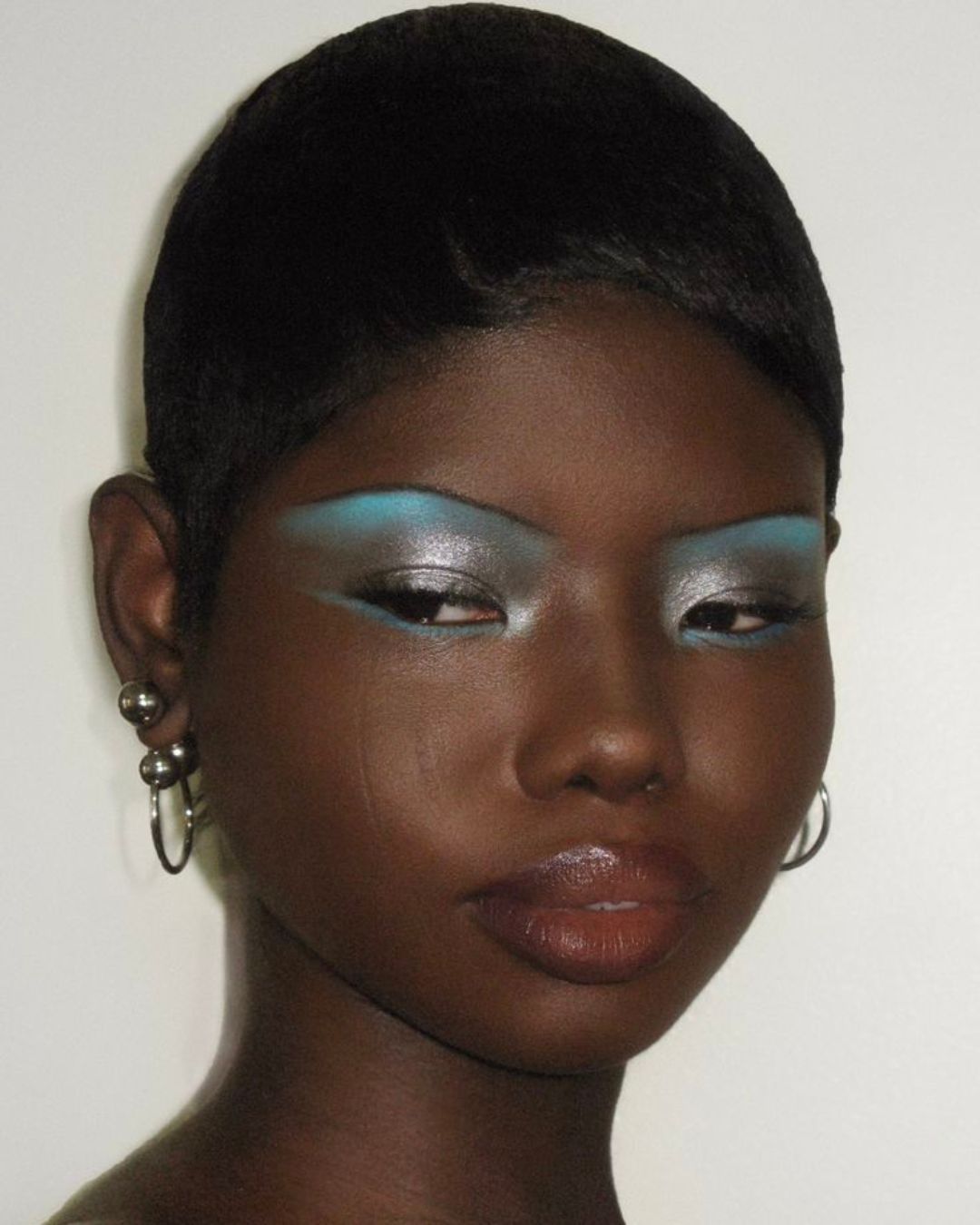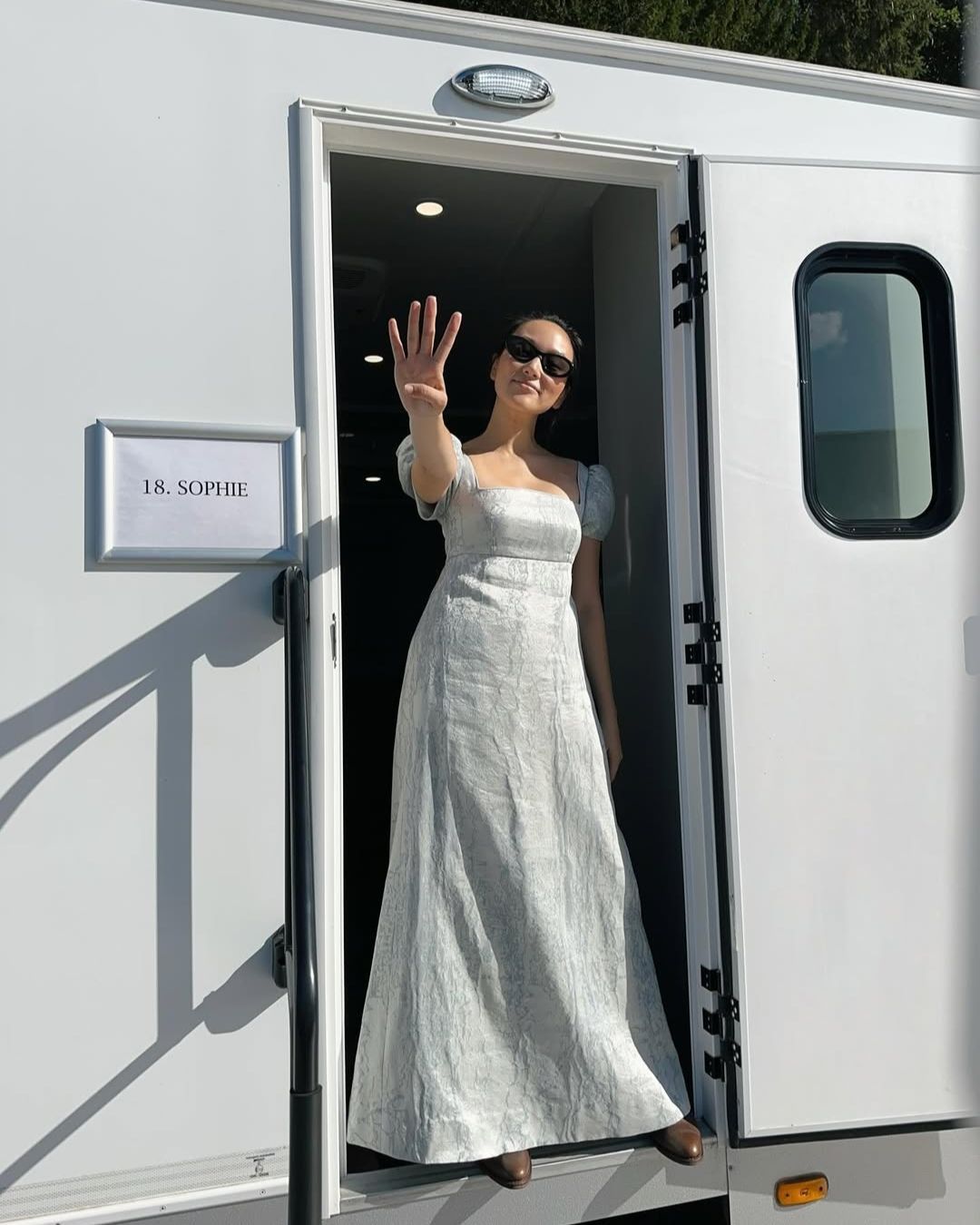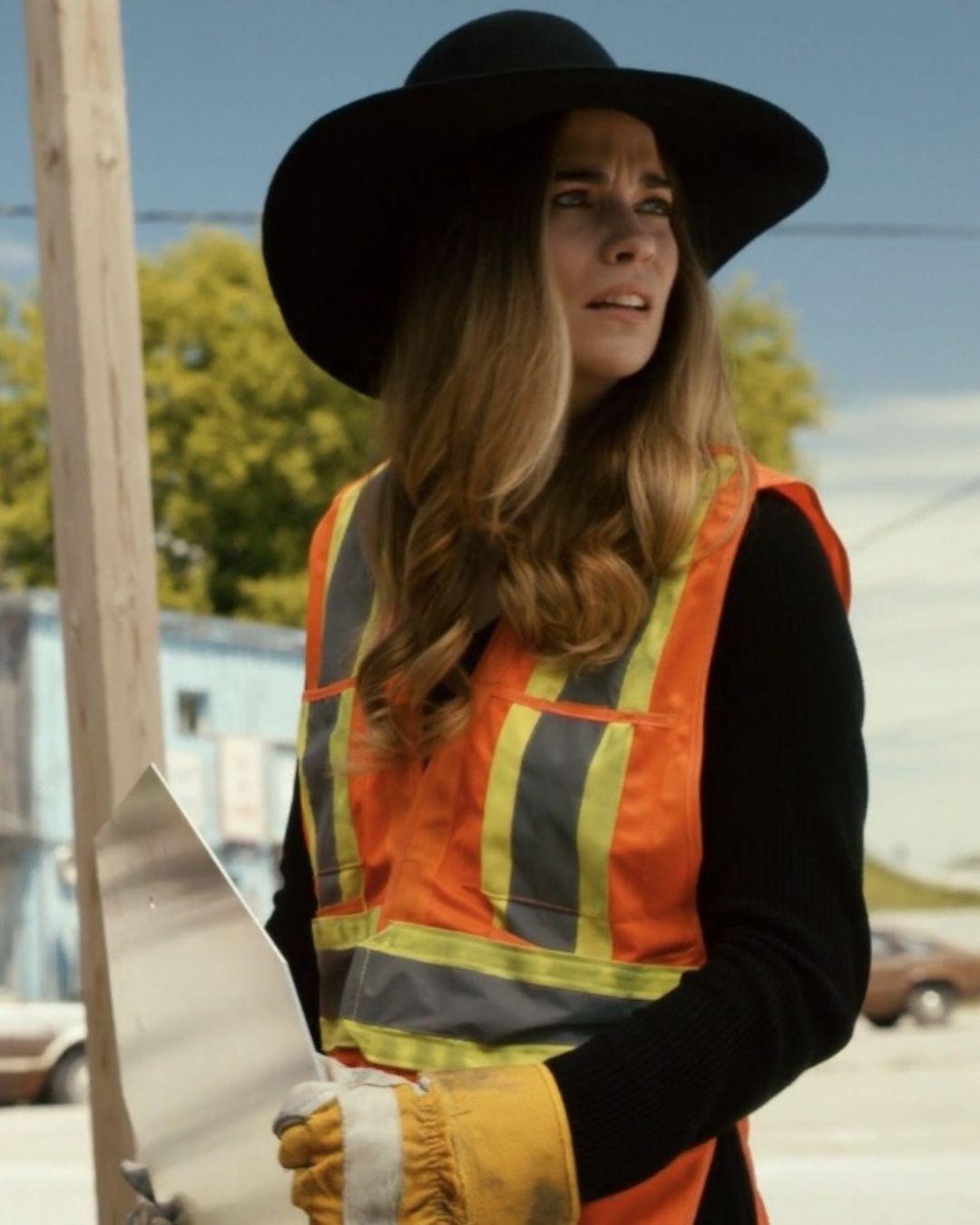
Wellness has lost sight of reality What good are advices to us if we cannot apply them?
We are tired. 2024 has just begun, and we are already tired. The Christmas holidays were not enough, perhaps they wore us out even more. Work and school loom over us, and we would like to feel hopeful and full of good intentions and opportunities for personal and relational growth, but the world around us gives us no respite, and rent has to be paid. There's no need to make a list; we already know it by heart: wars, domestic and foreign politics, the U.S. election year (which inevitably will have influences and repercussions worldwide, in the short and long term), the climate and economic crisis. As if this general crisis weren't enough, a veritable army of self-proclaimed experts adds to it, wanting to tell us how to live, how to survive, how to feel better, how to gain weight, and how to lose weight, how to sleep, what to buy to feel better and how to breathe.
100 Tips to Transform Your Life
One example, in particular, has sparked debate on the web in recent days. It's an article from The Guardian titled 100 tiny changes to transform your life: from the one-minute rule to pyjama yoga, which, indeed, gathers advice on how to transform your life. Some make sense. Some suggest listening to classical music, preparing a nutritious soup at home to eat at work, or investing in a pair of waterproof sneakers for a walk to oxygenate the brain in any weather. Others, however, are so implausible and incompatible with contemporary normal lifestyle that they cause anger. For instance, sleep expert Dr. Neil Stanley says: "Don't set an alarm. During the pandemic, I realized I didn't need to set an alarm. Now, I hardly ever do. This means I don't start the day with the stress of the alarm ringing. I wake up naturally when I've slept enough." All very nice, except that this advice doesn't apply to the life of anyone with a structured job or any kind of responsibilities. Useful, right? Furthermore, in the same article, author Laura Bates candidly suggests learning to ride a horse and even learning to joust. With what time? With what money? Where? The questions abound. Why should we follow the advice of people who, from the way they speak, seem to have never had a normal or humble life?
some of these "100 tiny changes to transform your life" read like freelancer with daddy's credit card pic.twitter.com/TEPFFiEPRm
— Ava-Santina (@AvaSantina) January 2, 2024
The Jungle of Wellness: A Phenomenon to Decipher
The problem, of course, is not giving advice per se. The problem is how these pieces of advice are framed within the bigger context of a real industry based on guiding people and selling something, with a focus on supposed mental and physical well-being, that of wellness. In the mix, along with useful and scientifically based suggestions, given in good faith and from an expert and professional perspective, there are also pseudoscientific products with unproven effectiveness, dangerous and useless practices, entire online personalities based on advice that has fluff as its main ingredient. As easy as it is to understand - and as happens every time we talk about industries that are so complex and branched out and at the same time accessible to everyone - other factors come to light. There is, of course, the economic factor, which leads some people to guarantee non-existent products and results for an immediate return of image and sales. There is the factor of media literacy. How do we know if all users have the ability to understand which advice to follow and which products to invest in? There is no control, and scams and deceptions are just around the corner. It's up to us to become aware of the risks and protect and warn those around us.
Do We Need a Different Kind of Wellness?
Navigating contemporary life is difficult, and there's no denying that. However, the idea that individualistic advice is needed, often motivated to push the sale of something (or someone) and especially disconnected from people's reality, is not true. According to Christy Harrison, who wrote a book titled The Wellness Trap on the wellness industry, this type of approach to the idea of well-being is based on toxicity, unattainable expectations, and lies. We add that a certain unawareness of class and privilege also comes into play, from wealthy or well-off individuals who don't need to think about daily survival and therefore allow themselves to give absurd advice, beautiful in theory but impractical. At the same time, however, we would like to usher in a new era of physical and mental well-being. An era dedicated to cultivating relationships but also to feeling good with ourselves, getting to know ourselves more and more deeply, allowing ourselves to be cringe, moving in the world in as empathetic a way as possible. An era of rest against the frenzy of the latest trend, unattainable and useless. And let it be realistic, made up of small gestures that we can fit into our unfortunately unbalanced lives, waiting for better times.

























































